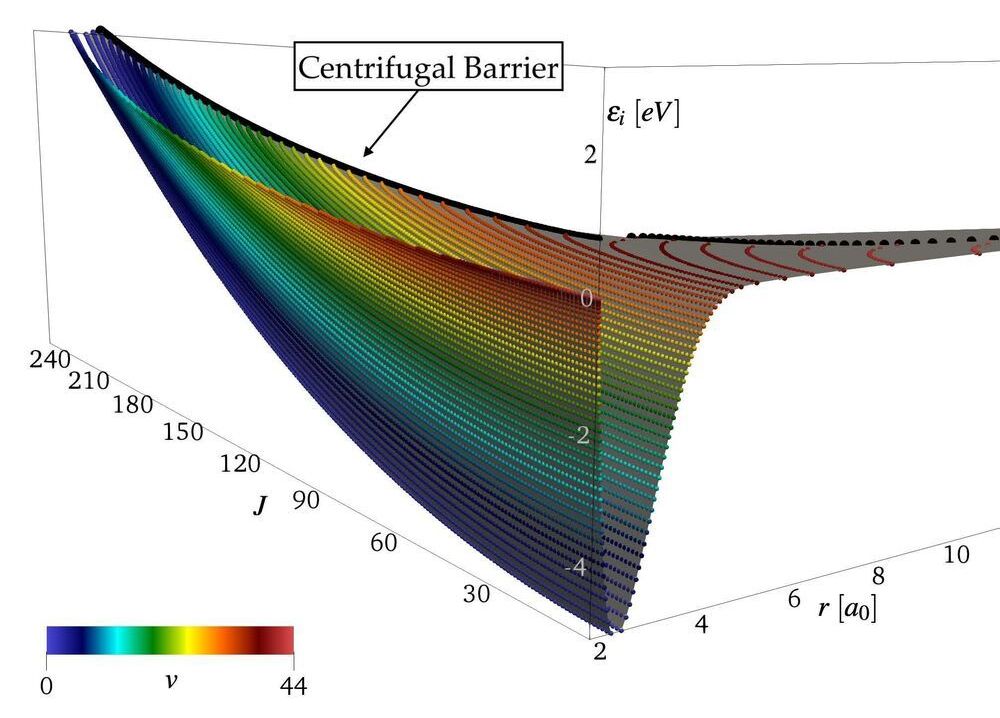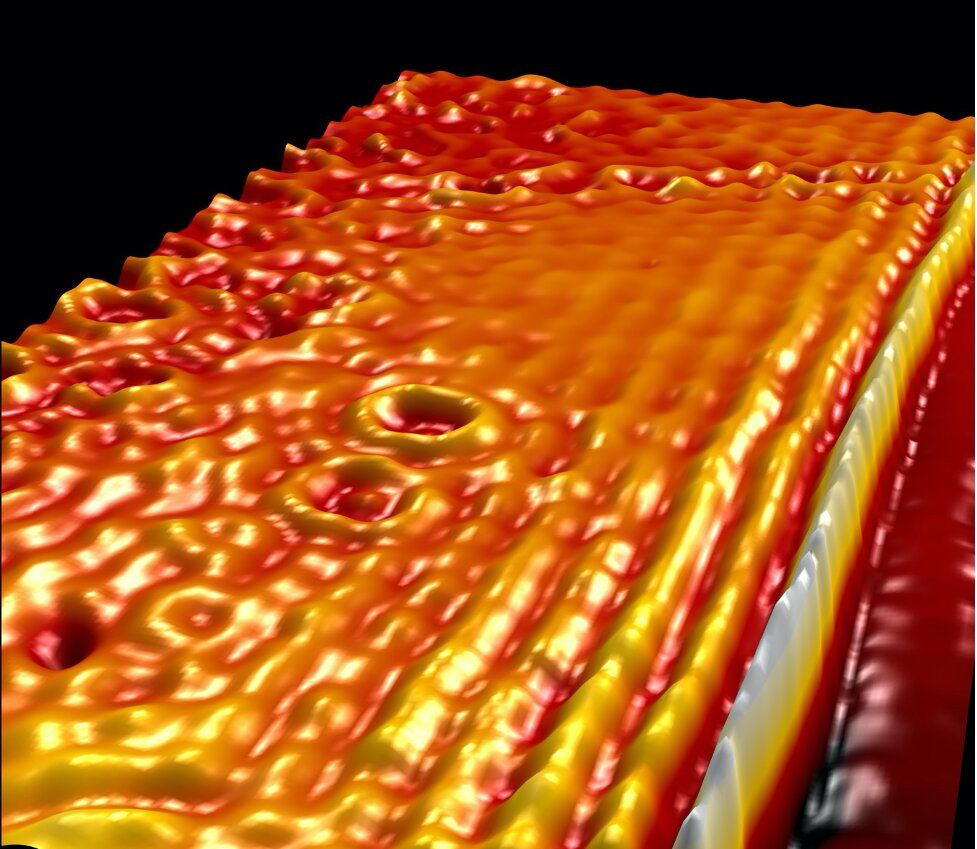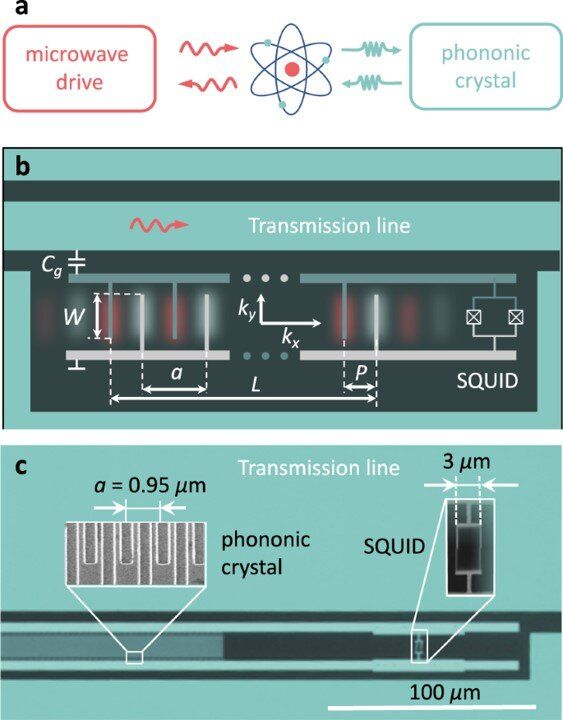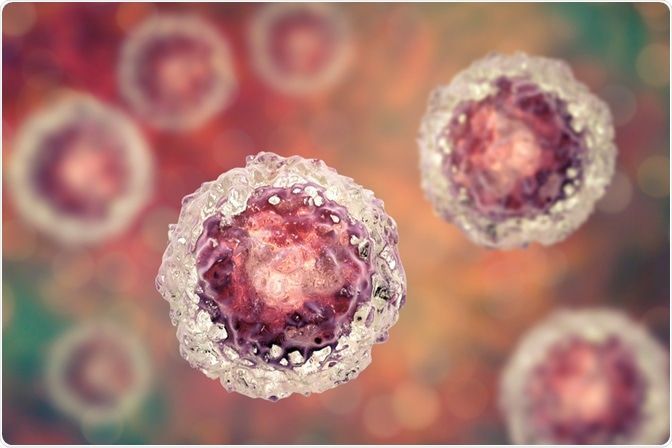Serena Corr looks at the science behind batteries, discusses why we are hunting for new ones and investigates what tools we use to pave this pathway to discovery.
Watch the Q&A: https://youtu.be/lZjqiR0czLo.
The hunt is on for the next generation of batteries that will power our electric vehicles and help our transition to a renewables-led future. Serena shows how researchers at the Faraday Institution are developing new chemistries and manufacturing processes to deliver safer, cheaper, and longer-lasting batteries and provide higher power or energy densities for electric vehicles.
Serena Corr is a Chair in Functional Materials and Professor in Chemical and Biological Engineering at the University of Sheffield. She works on next-generation battery materials and advanced characterisation techniques for nanomaterials.
This event was generously supported by The Faraday Institution.
–
A very special thank you to our Patreon supporters who help make these videos happen, especially:
János Fekete, Mehdi Razavi, Mark Barden, Taylor Hornby, Rasiel Suarez, Stephan Giersche, William Billy Robillard, Scott Edwardsen, Jeffrey Schweitzer, Gou Ranon, Christina Baum, Frances Dunne, jonas.app, Tim Karr, Adam Leos, Andrew Weir, Michelle J. Zamarron, Andrew Downing, Fairleigh McGill, Alan Latteri, David Crowner, Matt Townsend, Anonymous, Andrew McGhee, Roger Shaw, Robert Reinecke, Paul Brown, Lasse T. Stendan, David Schick, Joe Godenzi, Dave Ostler, Osian Gwyn Williams, David Lindo, Roger Baker, Greg Nagel, and Rebecca Pan.
–
The Ri is on Patreon: https://www.patreon.com/TheRoyalInstitution.








